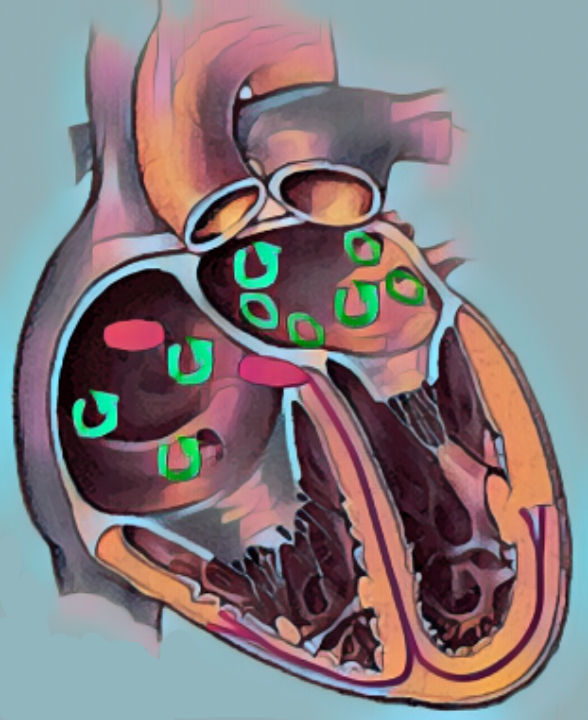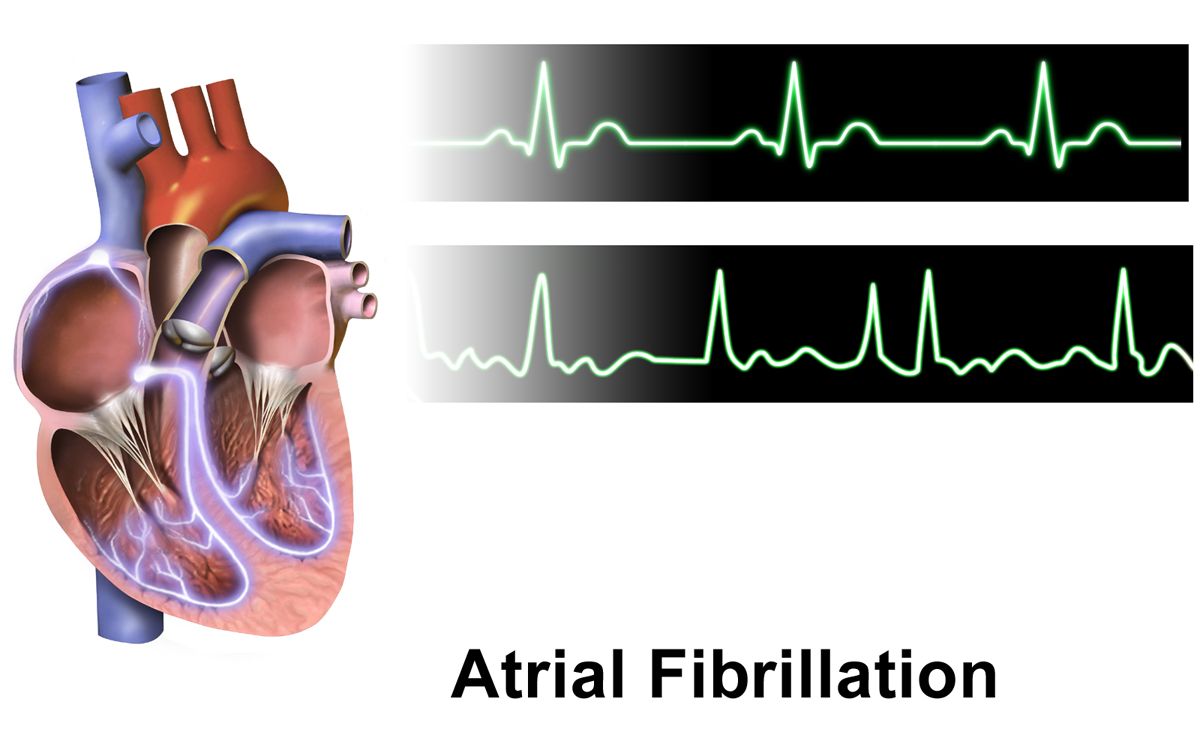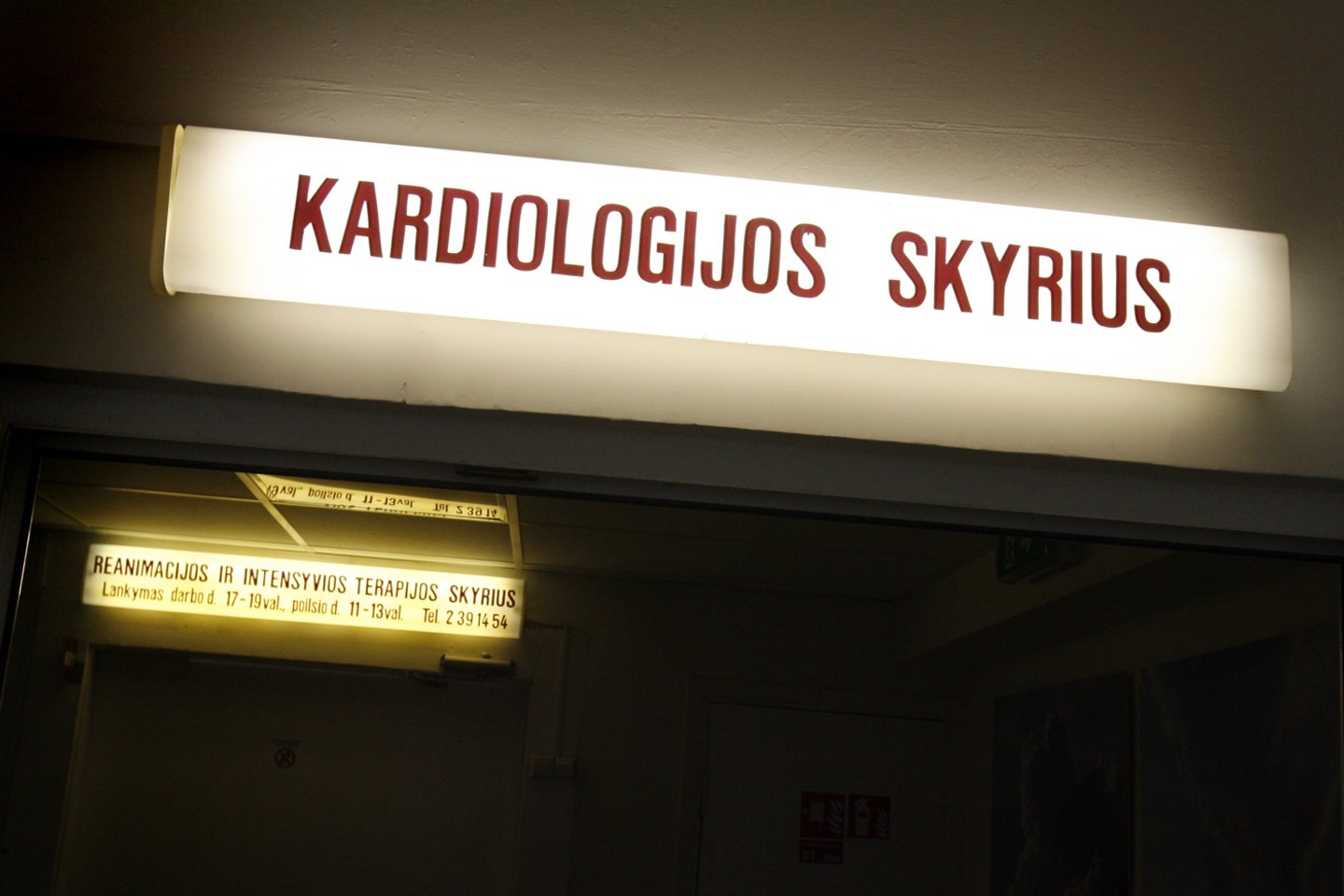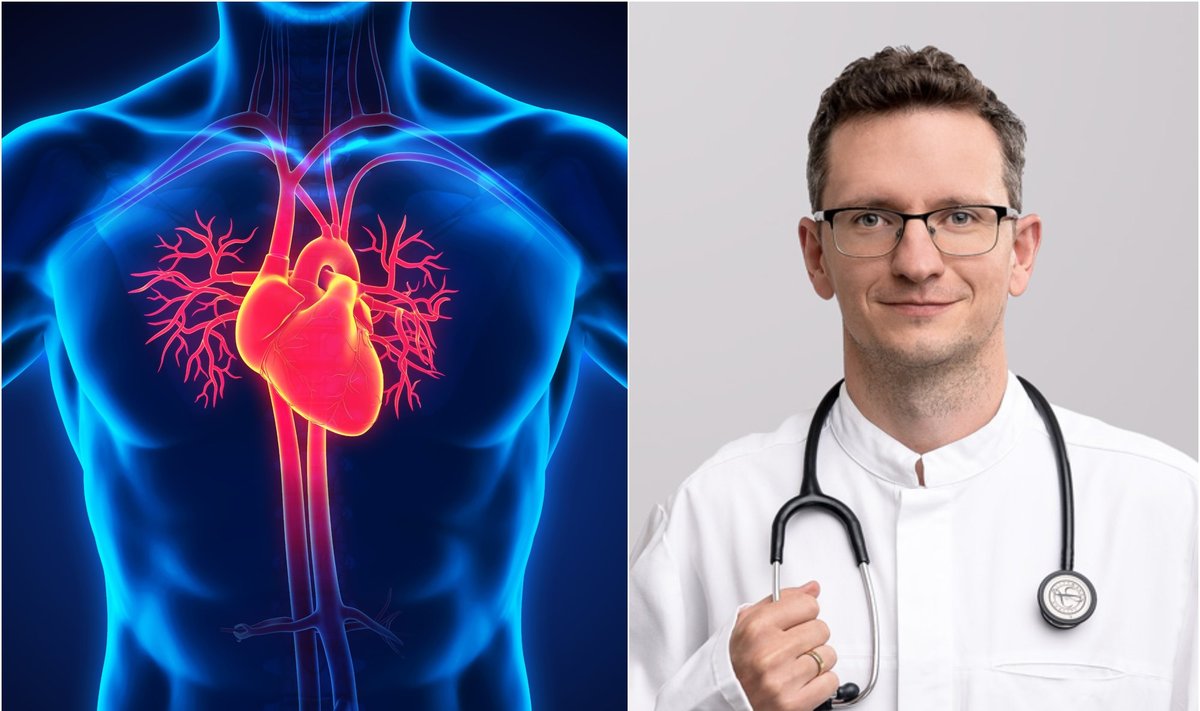Mortality rate from myocardial infarction is significantly higher in women than in men.
Atrial fibrillation is a serious condition with potentially life-threatening complications, including stroke and heart failure. While some people may experience minimal or no symptoms, the risks associated with AFib necessitate vigilant monitoring and treatment. ZIVE can detect atrial fibrillation and help manage the effectiveness of treatment
When a person is diagnosed with atrial fibrillation (AFib) and restoring a normal heart rhythm quickly is not possible, one of two treatment strategies must be chosen: rhythm control or rate control. All patients are prescribed two groups of medications.
Rhythm control can be easily performed by ZIVE ECG holter monitor. It can diagnose all of the common...
Monitor your heart at home to prevent stroke or sudden death. Record your electrocardiogram when you sleep, exercise, work, rest, etc. Come to the doctor with your data. Monitor changes by adjusting your lifestyle and/or activities.
When faced with long waiting times for specialist appointments at university clinics, particularly for conditions like cardiac issues, it’s important to consider strategies that can help manage your health effectively while navigating the system. Here are some steps and solutions that might help.
Monitor Your Health with Zive ECG holter monitor: Integrating devices like Zive ECG into...
Six million Europeans suffer from atrial fibrillation, the most common heart rhythm disorder. This condition causes irregular and inefficient heart contractions, which can vary in duration from paroxysmal (lasting up to 48 hours or more than seven days) to chronic or permanent (continuous). Early detection and management are vital, as untreated atrial fibrillation can lead to severe complications such...
Heart rhythm abnormalities, also known as arrhythmias, refer to irregularities in the normal electrical impulses that coordinate the contraction of the heart muscle. These irregularities can cause the heart to beat too fast (tachycardia), too slow (bradycardia), or irregularly. The heart's normal rhythm is controlled by a specialized electrical system, and when this system malfunctions, it can lead to various...






